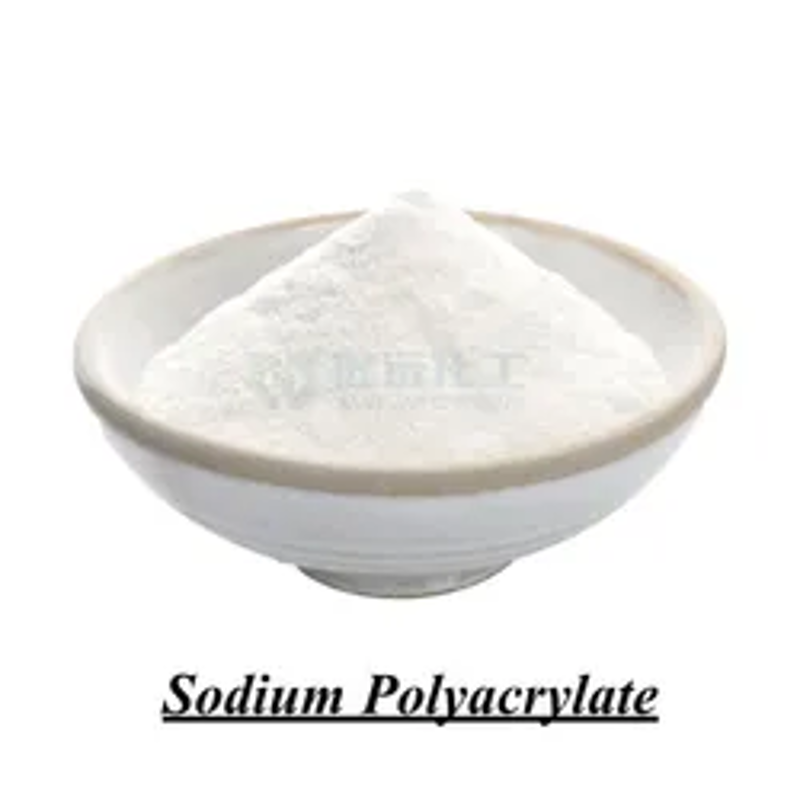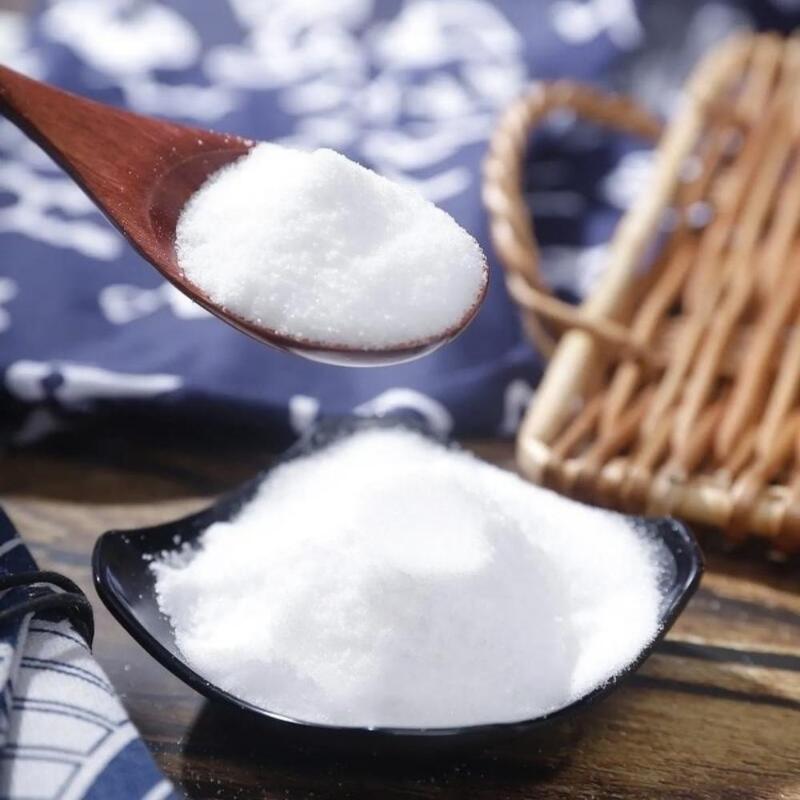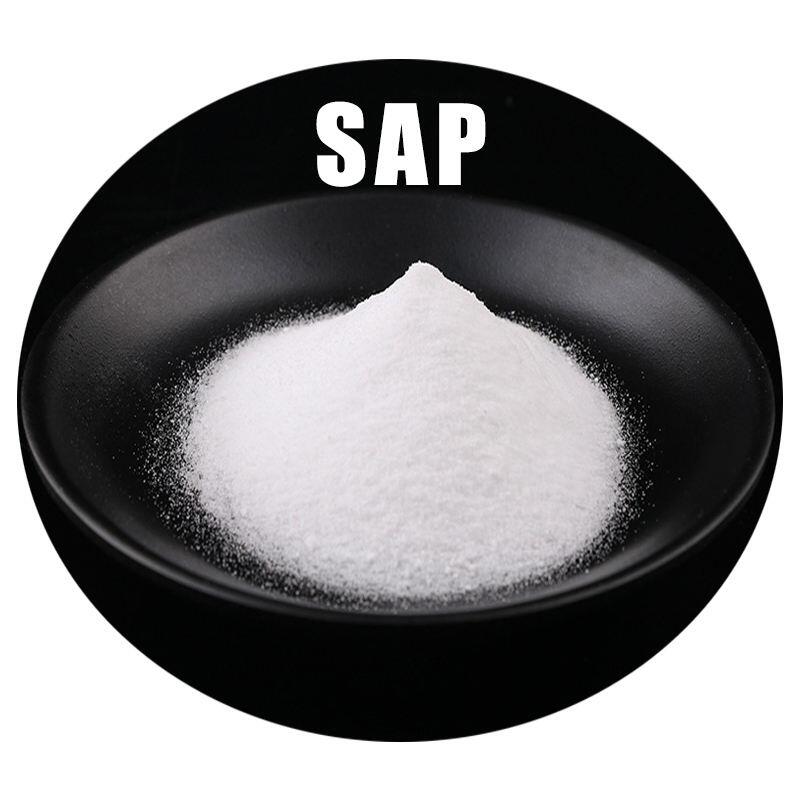-
Categories
-
Pharmaceutical Intermediates
-
Active Pharmaceutical Ingredients
-
Food Additives
- Industrial Coatings
- Agrochemicals
- Dyes and Pigments
- Surfactant
- Flavors and Fragrances
- Chemical Reagents
- Catalyst and Auxiliary
- Natural Products
- Inorganic Chemistry
-
Organic Chemistry
-
Biochemical Engineering
- Analytical Chemistry
-
Cosmetic Ingredient
- Water Treatment Chemical
-
Pharmaceutical Intermediates
Promotion
ECHEMI Mall
Wholesale
Weekly Price
Exhibition
News
-
Trade Service
the original title: methyl cellulose adhesive, power lithium battery!. Adhesives
is one of the important components of lithium-ion battery poles, which are substances that adhere active substances and conductive agents to electrode collecting fluids. Although its content is very low,
but its performance on the various electrochemical properties of the battery has a great impact, is the lithium-ion battery materials in the hightechnical content of additional materials at present,
lithium-ion battery production generally uses polyfluoroethylene (PVDF) as a binder
, it is not only expensive, strict air humidity requirements for the production process, but also easy to have a secondary reaction with lithium metal, inline lithium graphite, in high temperature, there is the risk of self-heating out of control water-soluble adhesive methyl cellulose sodium (CMC)
is an ideal alternative to PVDF for electrode materials, environmental protection, low production process requirements. At the same time, because cmC's bonding performance is stable, has good electron and ion conductivity, can promote the transmission of lithium, can improve the performance of lithium-ion battery.the fast-growing lithium-ion battery market, Nouryon began delivering its first AkuPure product, a methyl cellulose (CMC) polymer derived from cellulose, the world's richest polymer. AkuPure is an ultra-high-purity methyl cellulose that improves the electrode coating process and helps the battery maintain and deliver electrical energy more efficiently, thereby increasing battery efficiency.methyl cellulose is a sustainable polymer derived from cellulose such as wood or cotton and can be used as thickeners, adhesives and rheumatities modifiers. The application of methyl cellulose polymer in lithium-ion batteries further expands its end-market use. Demand for lithium-ion batteries is on the rise as consumer interest in electric
:
.







